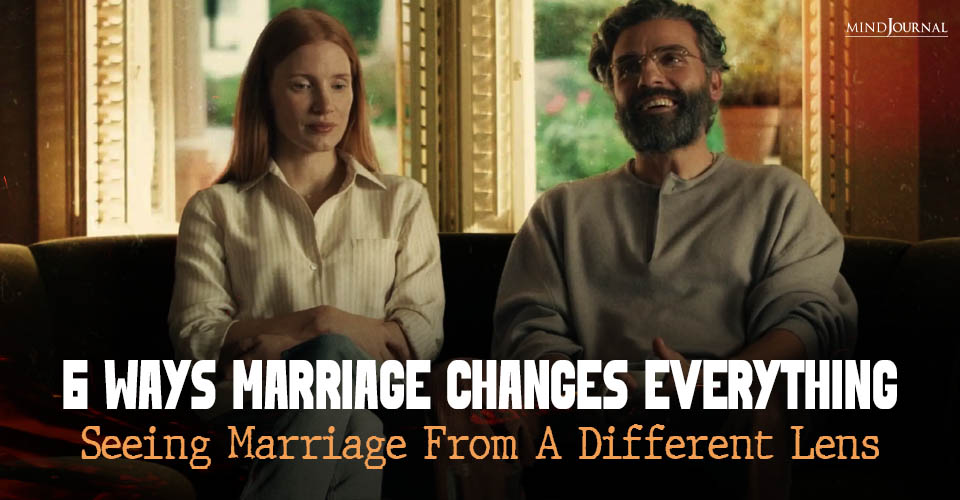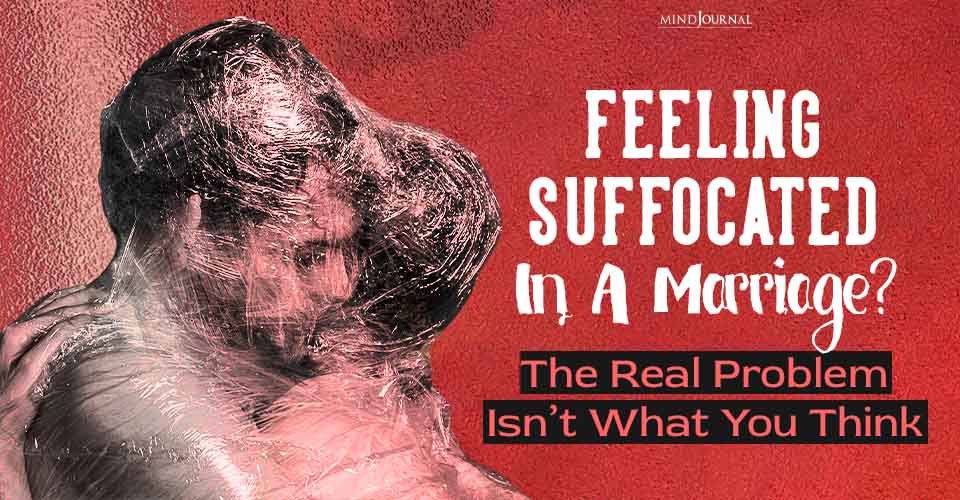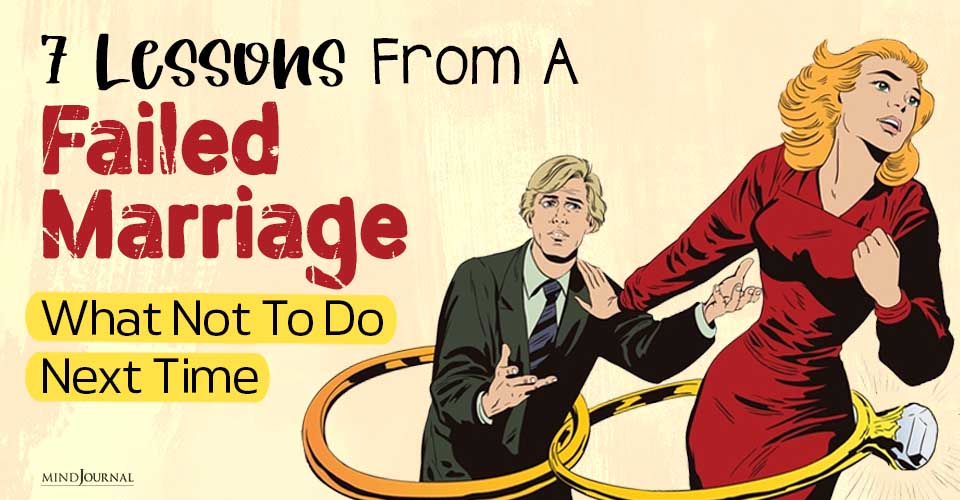When it comes to choosing the right life partner for yourself, it is important to break free from harmful tendencies, and skewed mindsets.
The list we’re going to talk about here is the one that contains the characteristics of the partner of your dreams—the person with whom you know you’d experience long-term happiness.
The list includes all of your requirements for a perfect partner—looks, financial fitness, personality, education, health, personal and family history, religion, ethnicity, relationship history, and any other item you consider essential for a fulfilling relationship.
Not everyone has a preference for all of these factors on their list. Many are irrelevant to some people, while other individuals have concerns that we have not mentioned here.
But this post is about what isn’t on your list—certain things that you need to have on your list, in addition to the priorities you’re consciously aware of.
These are our “shadow priorities”— needs and desires that we are less consciously aware of but that represent other commitments in competition with our more conscious preferences.
Related: How To Attract The Right Relationship Partner In Your Life
It’s not that one set of preferences is correct and the other is not, but rather that they each represent compelling and competing interests and desires that need to be fulfilled in order to satisfy our different sets of needs.
We don’t need to be completely similar to our partner—in fact, we generally aren’t even attracted to people who are very similar to us. However, there does need to be complementarity, meaning that we complement each other by providing strengths and enhancements in areas where our partner may be less developed. When this is present in a relationship, there is a strong likelihood that both partners will experience what we commonly refer to as chemistry.
Unconscious concerns have more to do with aspects of our life that relate to the potential that our partner represents.
He or she may help us fulfill psychological needs and heal emotional wounds, support personal development, and, in general, be a good “fit” for our personality.
When we are intimately connected to someone with whom we share the experience of complementarity, we feel a sense of being whole and complete that is not present otherwise. This is the feeling that frequently occurs during the “infatuation” phase of a relationship.
The experience of infatuation fades over time, because we experience this feeling vicariously through the other person, and haven’t yet fully cultivated and integrated the qualities and traits our partner brings to our life. The real work of a relationship begins after we find the partner of our dreams; it has to do with our willingness to see that what they bring into our life not only thrills us but sometimes drives us to distraction.
These extremes are not a sign of instability, but are inherent in the process of coming to terms with one of the great paradoxes of relationships: They represent the hope of the fulfillment of our most cherished dreams, and the fears that inevitably underlie those hopes.
Fears like losing ourselves, being controlled by another, re-experiencing painful feelings, being exploited or taken advantage of, being left or abandoned, or other disturbing possibilities.
We may wrongly attribute those feelings to a deficiency in our partner or in ourselves when this isn’t necessarily the case. All too often, the problem is that even if we have successfully checked off all of the things on our list, we may have left off the most important items.
It isn’t necessary—nor is it even possible—to always be consciously aware of what is in the shadows of our desire system.
It can be enough to understand that what draws us to others, and what draws others to us, includes characteristics that are important to our inner development and our healing into wholeness.
When we more fully appreciate this aspect of our relationship, it becomes easier (but not necessarily easy) to trust the process enough to become less reactive to the upsets that arise when the heat of infatuation inevitably cools, whether after a week or several years.
Accepting the inevitability of these feelings, without mistaking them for indicators that we are just not meant to be, enables us to maintain a healthy relationship and resist the temptation to jump to conclusions or make impulsive judgments and decisions based on insufficient information.
Not all relationships are meant to be, and some should be ended when it becomes evident that there’s a mismatch. Yet many potentially successful relationships are ended before they are given an adequate chance. It may be that it’s only after sharing ordeals and spending time together—time that includes doing the work of learning to appreciate rather than condemn our differences—that we recognize the hidden gifts our partner brings to us, which may have initially shown up as problems to be eliminated.
Related: 15 Things You Should Look For in a Life Partner
By all means, hold on to your list, but don’t forget that your heart has another list that may not be quite as apparent to you.
To quote Antoine de Saint-Exupéry,
“It is only with the heart that one can see rightly; what is essential is invisible to the eye.”
We’re giving away 3 e-books absolutely free of charge. The Ten Biggest Things We’ve Learned Since We Got Married, Your Guide to Great Sex, and An End to Arguing. To receive them just click here:https://app.robly.com/subscribe?a=2ec85ee30b32f83a0cf2b18b108f3a0d
Written by Linda and Charlie Bloom Originally appeared in Psychology Today










Leave a Reply